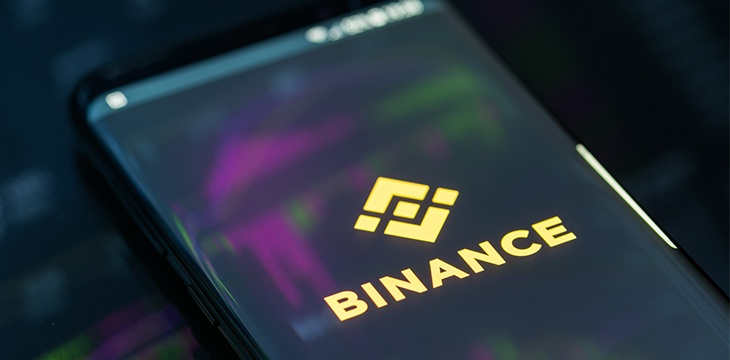|
Getting your Trinity Audio player ready...
|
Blockstack made news in July by receiving approval from the U.S. Securities and Exchange Commission (SEC) to go ahead with a token offering. Now that they have, the way that they’ve done it, and what they’ve done with some of those tokens, has some questioning if Binance and Blockstack are playing word games that could draw the ire of regulators.
On October 4, the SEC announced Blockstack had completed its token offering of Stacks, distributing 105,536,266 tokens and raising $23.0 million. As the tokens were considered utility tokens, and not securities, the SEC had given approval for the sales.
But now news has come out that Blockstack has paid Binance $250,000 to get listed on the exchange. According to the exchange, this is not a listing fee. Blockstack CEO Muneeb Ali instead described the sum as a “long-term payment” for services. He added:
“This long-term payment is meant to watch out for the Blockstack ecosystem by incentivizing Binance to list Stacks over many years and aligns well with our long-term focus. The marketing fee is a joint marketing campaign that we plan to run later on, again that is not a ‘listing fee’ but a marketing campaign that we plan to launch in the near future.”
But as experts told The Block, listing fees are regulated and can be defined by many of the services being provided to Blockstack by Binance. Listing fee services can include an initial public offering (IPO), marketing, investor relation services and indexes. Considering Ali names marketing as a service Binance will render, and the exchange is the first to list Stacks, this very much looks like a listing fee.
“They aren’t using financial engineering, but word engineering,” an unnamed expert is quoted as saying. “If it walks like a duck, talks like a duck, then it’s a listing fee.”
This effectively lets the two companies accomplish two things. By not describing the fee as a listing fee, they can claim a defense against potential regulation. That’s problematic, and regulators may not care what they like to call it when they take a harder look at things.
It also allows Binance to cheap out on their charitable causes. In October 2018, the exchange promised to donate their high priced listing fees to charity. By not calling the Blockstacks deal a listing fee, they don’t have to do that here. Binance confirmed as much, with a spokesperson responding to if these funds would be diverted to charity: “No they won’t be, as this is not a listing fee.”
This isn’t uncharacteristic for Binance, who have routinely taken steps to sidestep regulations in the past. CEO Changpeng Zhao has suggested users in blocked countries, where regulators may not be fans of the exchange, use VPNs to get around restrictions. The company may also be in trouble for using questionable banking partners to get around more legitimate organizations.

 02-21-2026
02-21-2026 




